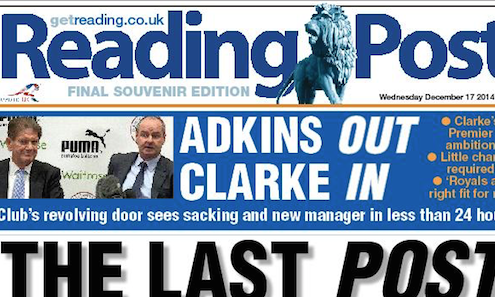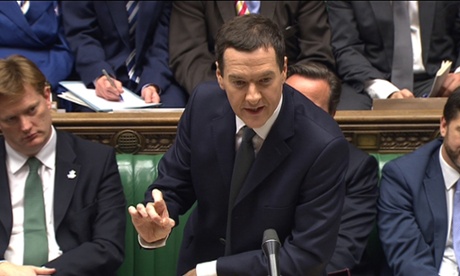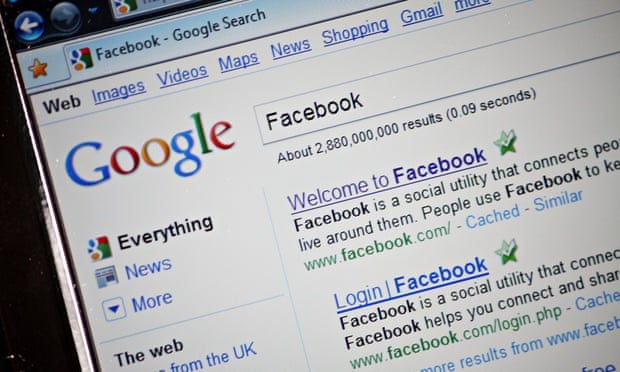The development of
new/digital media means the audience is more powerful in terms of consumption
and production. Discuss the arguments for and against this view.
A Marxist perspective
would argue that the so-called “information revolution” has done little to
benefit audiences or to subvert the established power structures in society.
Far from being a “great leveller” (Krotoski, 2012) as many have claimed, it has
merely helped to reinforce the status quo by promoting dominant ideologies. The
most popular news website in the UK by a considerable margin is the ‘Mail
Online’, which receives more than 8 million hits every month and is continuing
to expand rapidly – with forecasts that it will make £100 million or more in
digital revenues in the next three years. Similar to its tabloid print edition,
the website takes a Conservative, right-wing perspective on key issues around
gender, sexuality and race and audiences appear to passively accept what the
Marxist theorist, Gramsci, called a hegemonic view. When one of their chief
columnists, Jan Moir, wrote a homophobic article about the death of Stephen
Gately in 2009 there were Twitter and Facebook protests but, ultimately, they
did not change the editorial direction of the gatekeepers controlling the
newspaper.
The development for new/digital media means the audience is more
powerful from a pluralist perspective. In terms of production individuals are
able to contribute through social media using user generated content by
publishing their own footage via YouTube, Twitter or Facebook. An example could
be of the Arab Spring where people posted up raw footage of the current events
taking place in countries such as Egypt, Libya and Tunisia as there was a
revolution taking place. Citizen journalism promoted the events taking place as
then the bigger institutions such as Google and news online companies such as
‘The Guardian’ used the raw footage from user generated content. Using social
media for communicating about protests enhances the pluralistic view as
individuals can express their opinions.
From a Marxist perspective new/digital media means the audience is
not as powerful as large institutions in terms of production. According to
‘Pareto’s Law’ the minority of media producers always serve a majority of
consumers which suggests most of the news the audience consumes comes from the
elite institutions such as Google or Rupert Murdoch’s newspapers. This is
biased information and links with the hypodermic needle theory where audiences
are injected with one sided views from a minority of media producers. Stated by Lin and Webster; the
top 5% of all websites are accounted for almost 75% user volume. This suggests
audiences are not as powerful as institutions in terms of consumption or
production.
The theorist Andrew Keen says that web pages are like a million
monkeys typing nonsense which could be seen from a pluralist’s perspective as
the audiences are seen to be powerful through production. Producing web pages
shows consumers can create their own blogs and chat rooms to voice their
opinions and possibly start debates. Furthermore many websites are created for
a variety of different audiences they would appeal to. In this case audiences
seem to be more powerful than institutions as they can voice their own opinions
through websites they create.
However the Marxist view on Andrew Keens quote is that they
believe audiences are being dumbed down by all the nonsense that is on the
internet which is not helping address social inequalities. An example of this
would be the listicle articles on Buzz feed which are very simple to read and
follow which is making consumers brain dead as it stops them from reading hard
news. Marxists believe producers produce media texts which maintain social
divides such as newspapers like ‘The Sun’. The millions of monkeys typing
nonsense are the ones who create social divides.
Alan Rushbridger who was an editor for The Guardian believes there is 'mutualisation of news' which means that news and ideas are shared rather than delivered. The relationship between journalists and consumers has changed and they are more alike as nowadays citizen journalism has become a norm. Journalists and readers happen to be equal partners now. This is more of a pluralistic view as audiences are evolving to be more powerful in terms of consumption and production than institutions as institutions now gather their information and news from consumers as well as their own research.
Another theorist with a pluralistic belief; Gurevitch believes audiences are seen as capable of manipulating the media in an infinite variety of ways according to their needs, and they have access to the plural views of society enabling them to 'conform, accommodate, challenge or reject'. Therefore audiences happen to be more powerful against institutions in terms of consumption.
In conclusion I believe nowadays the audience is more powerful than institutions due to factors such as citizen journalism, user generated content through social media and the mutualisation of news which I agree with as journalists and readers seem to be equal partners as they share their ideas and news rather than deliver them. The idea of democratization in society is also another factor to why audiences are more powerful in terms of production. Democratization allows opinions of individuals in society to be heard and ideas are able to flourish, this could be through social media, blogs or chatrooms. Therefore the development of new/digital media means the audiences are more powerful in terms of consumption and production.
Feedback
- Add an introduction
- Expand on my points
- Andrew Keens quote is mainly Marxist
- more detail on citizen journalism
- Gurevitch paragraph needs developing
Grade: B
Learner response:
Introduction- The development of new/digital media can portray a sense of the audience becoming more powerful in terms of production. This is mainly due to social media as individuals can create their own content which is known as user generated content. The views of Marxists and pluralists on this topic vary which will be evaluated further on in this essay.
Citizen journalism has become very normal and is said to be taking away the job of journalists. It works the opposite way nowadays as journalists look for stories that citizen journalists make big. In a way journalists steal citizen journalists stories and make them headlines. From a pluralist perspective the development of new/digital media does mean the audience is more powerful as they create user generated content using popular sites such as Twitter. Citizen journalists can initially make up a false story and make it trend through social media which gives us a glimpse of how powerful audiences have become.
Another theorist with a pluralistic belief; Gurevitch believes audiences are seen as capable of manipulating the media in an infinite variety of ways according to their needs, and they have access to the plural views of society enabling them to 'conform, accommodate, challenge or reject'. Therefore audiences happen to be more powerful against institutions in terms of consumption. Individuals can speak out against what they believe is not true in the media, a way of manipulating them is using social media to express their opinions which challenges media institutions.







